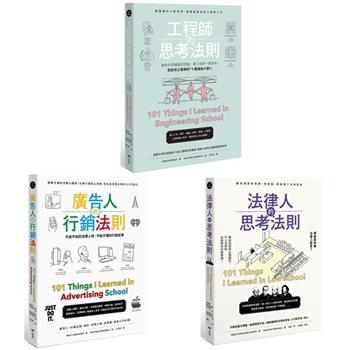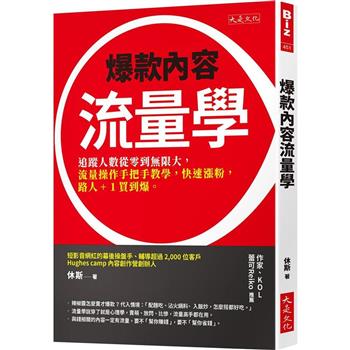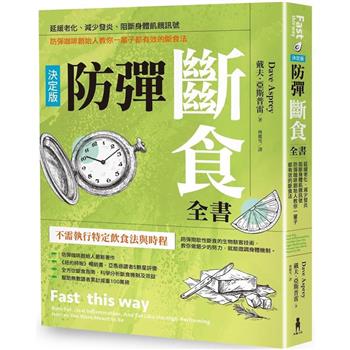This book eulogises a personality that has constructed a formidable scholarly and personal legacy that future generations of legal practitioners and socio-legal scholars in Africa should look to for guidance and inspiration. Divided into three parts, the book deals with a longstanding legal practice and scholarship on the role of international law and institutions. Additionally, the book discussed roles of an African scholar and practitioner to advance socio-economic and cultural rights across the continent, through contextualised, progressive adjudication and from a gendered perspective. Finally, the book examined the importance of early-childhood education and legal education alike, the role of the courts in redressing these concerns and the need for greater inclusion of Afro and queer-sensitive pedagogies and perspectives. Contributors to the book address the role of schools in redressing systemic marginalisation--including stigmatisation based on disability--and efforts to translate their rights as prescribed in national constitutions and international legal instruments. The methodology encompasses a TWAIL approach and the call to revisit orthodox approaches to legal scholarship.
| FindBook |
有 1 項符合
Promoting Efficiency in Jurisprudence and Constitutional Development in Africa的圖書 |
 |
Promoting Efficiency in Jurisprudence and Constitutional Development in Africa 出版社:Palgrave MacMillan 出版日期:2023-11-15 語言:英文 規格:平裝 / 337頁 / 普通級/ 初版 |
| 圖書館借閱 |
| 國家圖書館 | 全國圖書書目資訊網 | 國立公共資訊圖書館 | 電子書服務平台 | MetaCat 跨館整合查詢 |
| 臺北市立圖書館 | 新北市立圖書館 | 基隆市公共圖書館 | 桃園市立圖書館 | 新竹縣公共圖書館 |
| 苗栗縣立圖書館 | 臺中市立圖書館 | 彰化縣公共圖書館 | 南投縣文化局 | 雲林縣公共圖書館 |
| 嘉義縣圖書館 | 臺南市立圖書館 | 高雄市立圖書館 | 屏東縣公共圖書館 | 宜蘭縣公共圖書館 |
| 花蓮縣文化局 | 臺東縣文化處 |
|
|
圖書介紹 - 資料來源:博客來 評分:
圖書名稱:Promoting Efficiency in Jurisprudence and Constitutional Development in Africa
Minorities at War: Cultural Identity and Resilience in Ukraine
Public Accountability and Constitutional Law
Computational Political Communication: Theory, Applications, and Interdisciplinary Challenges
Deconstructing the Responsibility to Protect
The Immigrant Superpower
Freedom and Borders: A Theory of Citizenship for the Age of Globalization
Imagining Alternative Worlds: Far-Right Fiction and the Power of Cultural Imaginaries
Imagining Alternative Worlds: Far-Right Fiction and the Power of Cultural Imaginaries
Popular Culture in Hong Kong After the National Security Law, 2020-2022
Accident, Touch, and Privacy: Climate Change and the Unguided Evolution of Humanity
Public Accountability and Constitutional Law
Computational Political Communication: Theory, Applications, and Interdisciplinary Challenges
Deconstructing the Responsibility to Protect
The Immigrant Superpower
Freedom and Borders: A Theory of Citizenship for the Age of Globalization
Imagining Alternative Worlds: Far-Right Fiction and the Power of Cultural Imaginaries
Imagining Alternative Worlds: Far-Right Fiction and the Power of Cultural Imaginaries
Popular Culture in Hong Kong After the National Security Law, 2020-2022
Accident, Touch, and Privacy: Climate Change and the Unguided Evolution of Humanity
|











